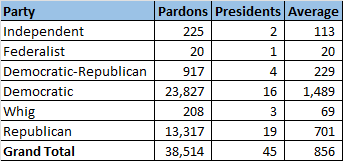Nicholas Van Orton (Michael Douglas) is a successful banker in San Francisco. However, he lives alone in a huge mansion and has no family. His ex-wife called him for his birthday, which he was spending home alone while watching TV. His younger brother, Conrad (Sean Penn), has been a druggie and general failure. During a lunch together, Conrad offered Nick a gift; it was a certificate for Consumer Recreation Services (CRS). Soon after, Nick happens to be in the same building as CRS and decided to check it out. Enrollment proved to be far more involved than expected, taking several hours. After a meeting at work, he went home to find a body in the driveway! No, it was just a clown-faced mannequin. The game has begun. Though initially intrigued, it soon appears to be a scam, a fight for his life with people out to get his money.
Nick is having a mid-life crisis. During the opening credits, family movies played that showed Nick as a kid with his clearly distant father. It is also shown that his father committed suicide. Of note, his dad was 48 at the time and Nick is celebrating his 48th birthday. That may explain some of his choices during the game. Overall, Nick is not likable. By the end of the film, he still isn't likable. He was pushed to the very brink and beyond but survived. Is he a better person for it? Not that one could tell.
The idea of the movie is great, but the execution is not. Too often, the events that happen would be extremely hard to stage in a phony way. Granted, Christine (Deborah Kara Unger) is generally on hand to lead him where the special effects are set, but what about the taxi into the bay? Oh, we had divers ready. Really? And what are the odds that he just happened to jump in the exact spot to land on the airbladder? A man as rich as Nicholas should have had access to more resources than his company lawyer and his ex-wife. How does such a man end up hitchhiking if he has access to a phone?
Mediocre.




